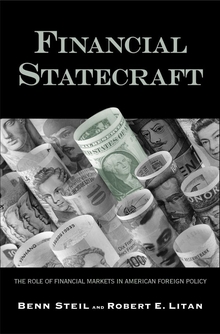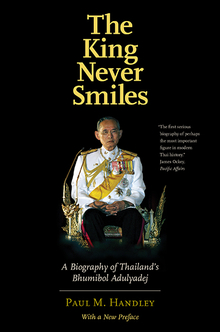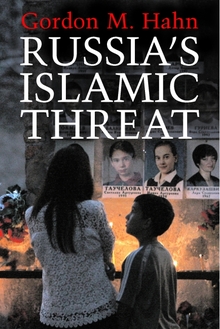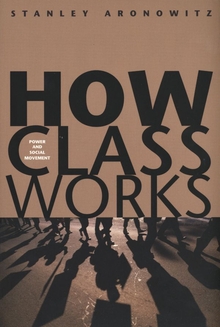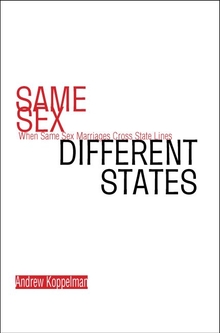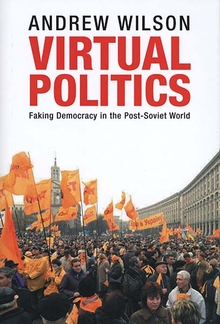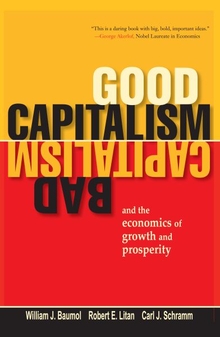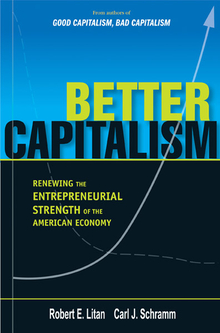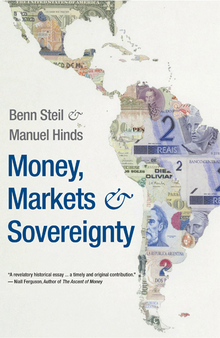Financial Statecraft
WARNING
You are viewing an older version of the Yalebooks website. Please visit out new website with more updated information and a better user experience: https://www.yalebooks.com
The Role of Financial Markets in American Foreign Policy
Benn Steil and Robert E. Litan
Benn Steil is director of international economics at the Council on Foreign Relations and the editor of International Finance. Robert E. Litan is vice president of research and policy at the Kauffman Foundation and senior fellow in the Economic Studies Program at the Brookings Institution.
“A highly readable account of an important, if potentially dry, subject: how international capital flows have been and are still used as instruments of foreign policy. . . . What makes Financial Statecraft particularly useful for non-economists and policymakers, as well as Wall Street executives and historians alike, is the authors’ willingness to be prescriptive about finance in public policy. . . . This is a useful, accessible book for lay readers seeking an understanding of the important role that capital flows play in the making of foreign policy.”—Economist
"Scholarly treatment of financial statecraft has been meager, but this book is a major first step. . . . Policymakers, researchers, and global executives will come away from this book with a new perspective on the economics of foreign policy in the modern world."—Sean Silverthorne, Harvard Business School Working Knowledge
'...a highly readable account...a useful, accessible book for lay readers seeking an understanding of the important role that capital flows play in the making of foreign policy.' - The Economist
"From the 'Who Dunnit?' to the 'When Should We Intervene?' questions of financial crises, this important new book is valuable reading for serious students and practitioners of financial policy."—Glenn Hubbard, Dean of Columbia Business School and former Chairman of Council of Economic Advisers
Selected as one of the Best Business Books of 2006 by Library Journal
Publication Date: February 28, 2008
3 charts and graphs

